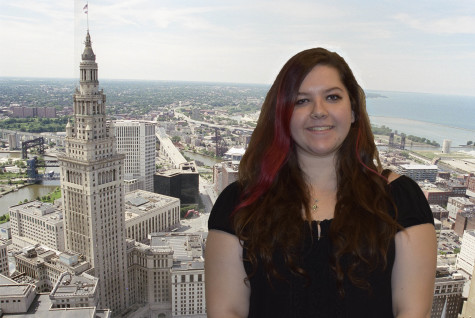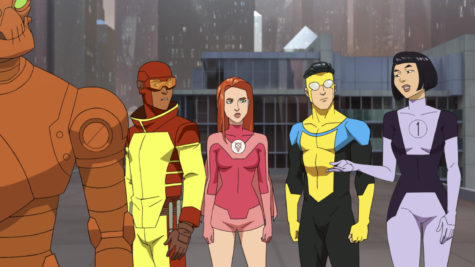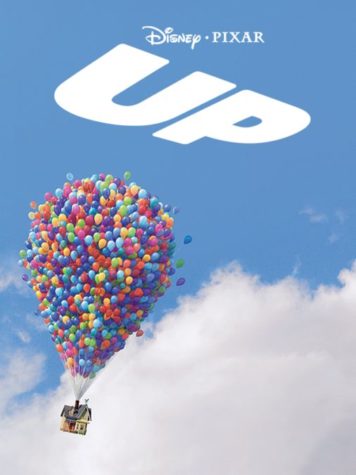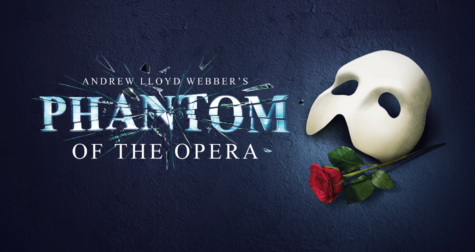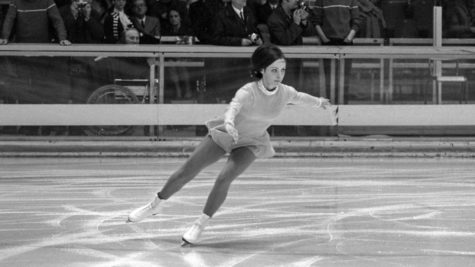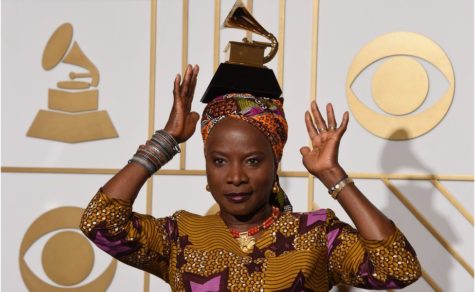Hess to perform romantic era pieces
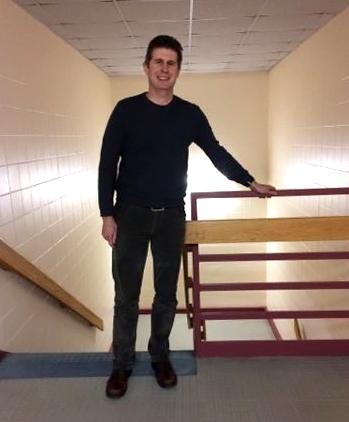
Nathan Hess, D.M.A., chair of the D’ angelo department of music, will perform romantic era works in his upcoming piano recital.
February 21, 2017
The Music department’s Faculty Recital Series continues with the penultimate recital of the school year with Nathan Hess, D.M.A., piano professor and chair of the Music department.
The program of the recital is infused with romantic era pieces with a hint of classical era.
Robert Schumann and Frédéric Chopin are the two giants of the romantic era that will be featured in this recital.
Hess will begin the recital with a classical era work, Mozart’s Sonata in B-flat Major, K. 281.
There is no set theme for the recital.
“It is music that I love and look forward to sharing with others,” Hess said about the program.
He chose the Mozart Sonata because he wanted something light on the program.
“It is thinner in texture, exuberant in spirit and very youthful, which contrasts the rest of the meaty and romantic music on the program,” Hess said.
The next piece that Hess chose is Chopin’s Barcarolle, Op. 60 which is a standalone work.
Barcarolles are known as the song of the Venetian gondoliers.
Barcarolles tend to have a specific rhythm which this piece utilizes well, according to Hess.
It is in 12/8 time–much like 4/4 time with a triple feel. The left hand pattern provides a lilting accompaniment to the beautiful and serene melody presented in double notes.
“This rhythm in the left-hand permeates throughout; it’s essentially a ‘baracarolle rhythm,’” Hess said.
“The work is multi-sectional, ending with a big coda which is typical for these larger Chopin compositions. It’s one of his most celebrated pieces.”
Hess is also going to perform Chopin’s Ballade No. 3 in A-flat Major, Op. 47.
A ballade is a large-scale work that has a story behind it.
“It is a very evocative kind of saga. This ballade is very heroic and very noble in character,” Hess said.
After intermission, Hess will perform Schumann’s Fantasie in C Major, Op. 17 which is a monumental work with three movements.
The word fantasy has a connotation of improvisation associated with it.
“The first movement has a lot meandering passages with total obscurity of the tonic. When the tonic finally comes in at the very end of the movement, Schumann quotes a melody from Beethoven’s song cycle ‘To the distant beloved,’” Hess said.
The second movement is a scherzo in three sections and is a heavy and thick textured movement with “leaps and bounds all over the keyboard.”
“The middle section is very calm and the coda is one of the most difficult things in the repertoire because of the giant leaps and skips involved,” Hess said.
This is because the leaps go outward in a contrary motion from the hand and is, according to Hess, “very treacherous and gives pianists nightmares.”
The last movement is a gorgeous slower movement.
It has a very arpeggiated figuration with inner voice melodies lilting through the textures and is also multi-sectional.
“It ends very reflective and very contemplative. It brings it all to a close so beautifully and makes you feel content after the first two heavy movements. It is a very powerful and poignant work,” Hess said.
Hess wants to perform for the students and the community to give another example of the school’s performing faculty.
“I hope to gain a personal satisfaction because I love the repertoire so much and it will be another wonderful performing experience,” Hess said.
Hess hopes that by illustrating this program to the audience that they may learn some new pieces or have a newfound appreciation for the romantic era if they do not already.
“It’s more romantic intensive so I would hope that they would go home and pursue more romantic music. Particularly Schumann and Chopin who are the two bedrocks of the romantic period,” Hess said.
He also hopes to instill or rejuvenate a love and interest in pursuing and listening to more piano music.
Hess will also perform this recital at two other locations. One will be in Pittsburgh on March 5, as part of the Steinway Society of Western Pennsylvania’s recital series and will take place at Carnegie Mellon University.
The other will take place at Randolph College in Lynchburg, Virginia, on March 26.
The recital at Mercyhurst University will take place on March 15, at 8 p.m. in Walker Recital Hall and will be free and open to the public.

